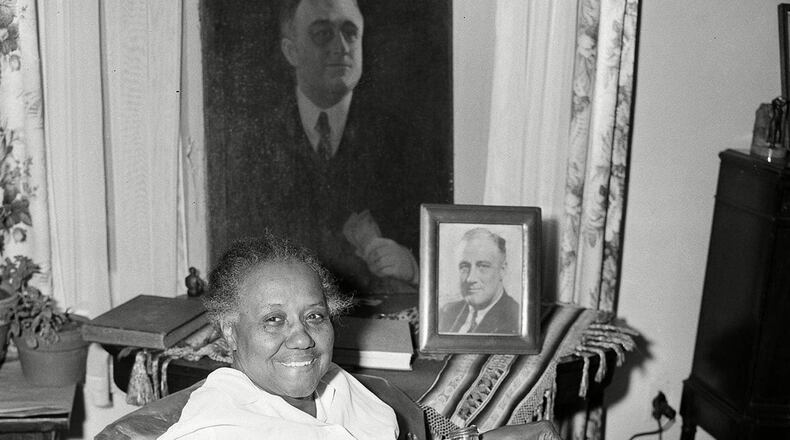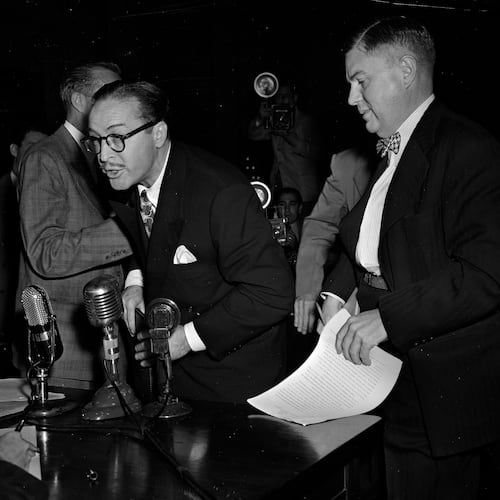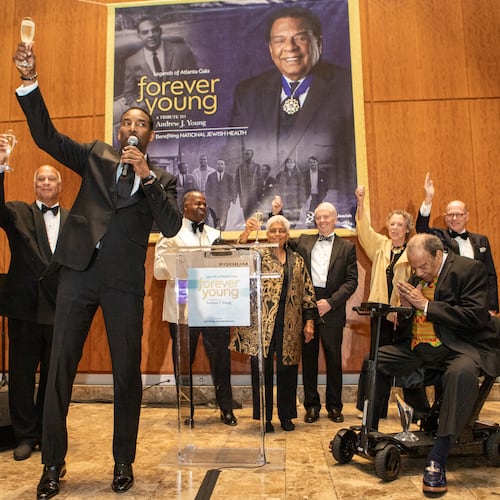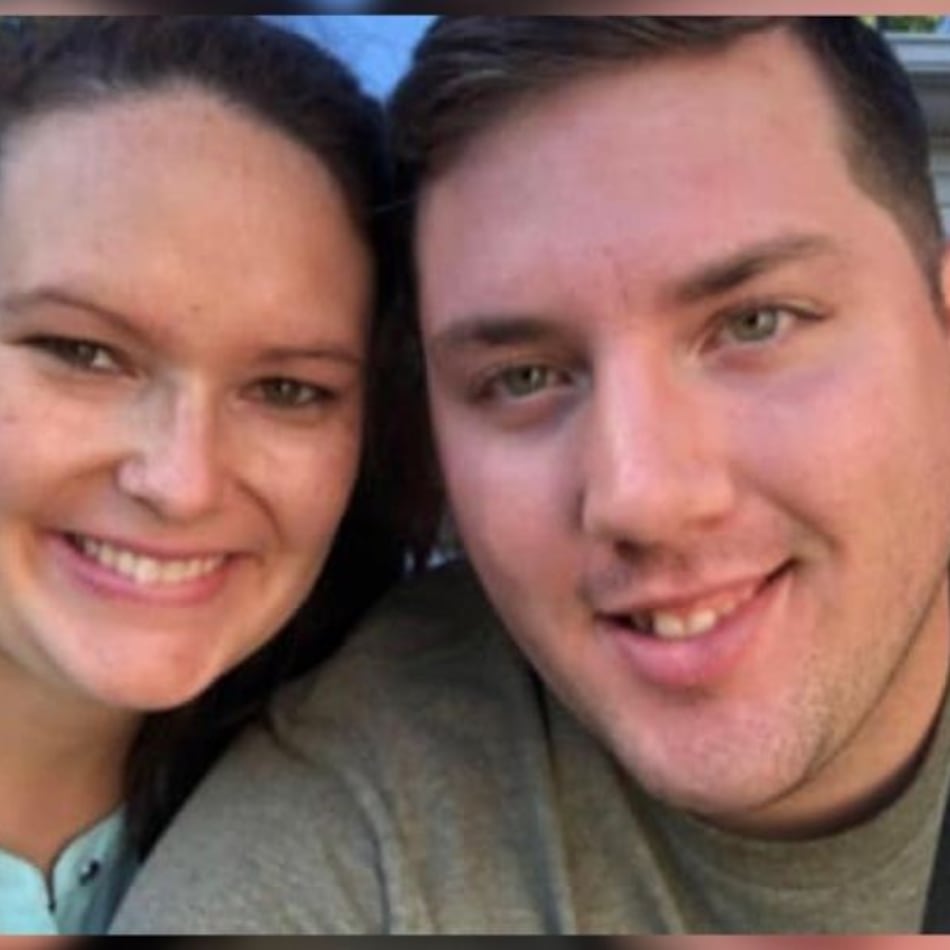“An era was ending. I had served twelve years as a White House maid. My husband, Irvin McDuffie, had been the President’s valet for twelve years, until his failing health forced him to leave the service of M. Roosevelt in 1939. For seven of those years we worked together at the White House. Between us we spanned the years of Franklin Delano Roosevelt’s life from 1927 to 1945, from the time he ran for governor of New York in 1928 until that April day at Warm Springs when the food stacked up uneaten on the stove, and the Little White House echoed with tip-toed footsteps,” because the president had just died.
Elizabeth McDuffie wrote this around 1960 as part of her unpublished manuscript, “The Back Door of the White House.” Some might think the title implies she wasn’t welcome through the front door, but that wasn’t the case. McDuffie herself was the back door, allowing activists and others access to then-President Roosevelt through her.
Life in Atlanta
Born in Covington in 1881, Elizabeth Hall’s parents were former slaves; her father was a sharecropper at her birth.
When she was 6, however, he moved the family to Atlanta when he accepted a job with the grading crew working on the recently established Grant Park. Young “Lizzie,” as she was called, attended Summer Hill School and then high school at Morris Brown College. She went on to earn a bachelor’s degree from Morris Brown.
Although she excelled in her classes, her skin color made it difficult to find work. She became a maid for wealthy Atlanta residents, including successful businessman and civic leader Edward Inman, his wife, Emily, and their two children, Hugh and Edward Jr.
It was at a small party where Lizzie caught the eye of a young barber named Irvin “Mac” McDuffie.
“They kept an eye on each other all night. At the end of the evening, McDuffie approached her and said with great formality, ‘Miss Hall, I have been favorably impressed with you. I would like to call,’ according to the National Park Service. “They married not long after.”
As manager of McDuffie Herndon barbershop ― financed by Atlanta’s first Black millionaire, Alonzo Herndon, founder of Atlanta Life Insurance Co. ― Mac McDuffie heard Franklin D. Roosevelt was looking for a valet at his Warm Springs home.
“‘After ten minutes of conversation,’ Mac recalled of his first meeting with FDR, ‘we closed the deal,’” the Park Service wrote.
When the Roosevelts moved into the White House in 1933, the McDuffies went with them. Eleanor Roosevelt hired Lizzie as her maid.
Life as an advocate
“Lizzie,” as the president called her, worked behind the scenes not only taking care of the Roosevelts, but also using her relationship with FDR to further the civil rights movement before there was an official movement.
She even told the president she was going to be his “SASOCPA” or “self-appointed-secretary-on-colored-people’s-affairs.”
Lizzie McDuffie’s interest in civil justice began in 1906, when one of her best friends was killed during the infamous Atlanta Race Massacre. For three days in September, after Atlanta newspapers reported four alleged assaults on local white women, “white mobs killed dozens of Black Atlantans, wounded scores of others, and inflicted considerable property damage,” according to the New Georgia Encyclopedia.
And because she remembered witnessing the race riot, “my job at the White House became a little more than a job,” McDuffie wrote in her memoir. “It became also a small crusade.”
The way she saw it, she had three ways to help her crusade: acting as a liaison between Black Americans and the president, helping to organize the United Government Employees union and campaigning for FDR “among my own people.”
As word of the McDuffies' relationship with the president spread, through newspaper articles and word of mouth, the couple received numerous letters from all over the country, seeking their help.
One historian wrote: “Black leaders … realized that even though (White House Press Secretary) Stephen Early blocked them from getting information and requests to the president through normal channels, the McDuffies were glad to act behind the scenes as couriers to both the president and First Lady.”
Credit: Photo courtesy of National Archives Catalog
Credit: Photo courtesy of National Archives Catalog
According to the Atlanta History Center, McDuffie didn’t just help the influential. She went to FDR in 1938 on behalf of thousands of Black women protesting the New Deal programs’ limitations, barring them from earning living wages.
She also helped form and served as secretary of the United Government Employees union, which represented lower-paid workers.
Lizzie McDuffie even hit the campaign trail, delivering speeches in support of FDR during his presidential runs.
She was in Warm Springs when the president died, and rode the train with him back to Washington.
“If I contributed anything to the progress to my race in helping to rally them solidly behind Franklin D. Roosevelt … if I contributed to them in any personal cases where I was able to intercede with the president … to that extent have I kept faith with those frightened people who fled by the window that morning during the Atlanta Race riots."
Elizabeth McDuffie died in 1966 and is buried in Atlanta’s South-View Cemetery.
ABOUT THIS SERIES
This year’s AJC Black History Month series, marking its 10th year, focuses on the role African Americans played in building Atlanta and the overwhelming influence that has had on American culture. These daily offerings appear throughout February in the paper and on ajc.com and ajc.com/news/atlanta-black-history.
Become a member of UATL for more stories like this in our free newsletter and other membership benefits.
About the Author
Keep Reading
The Latest
Featured






